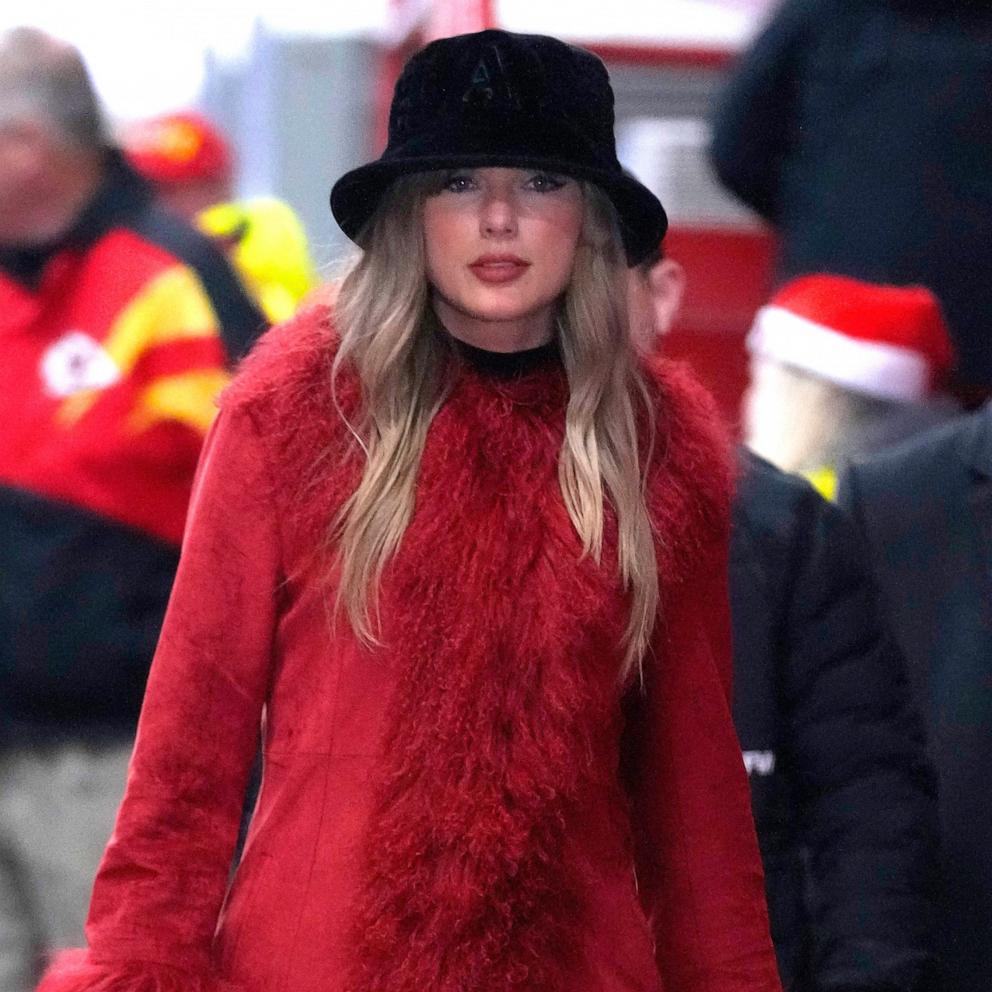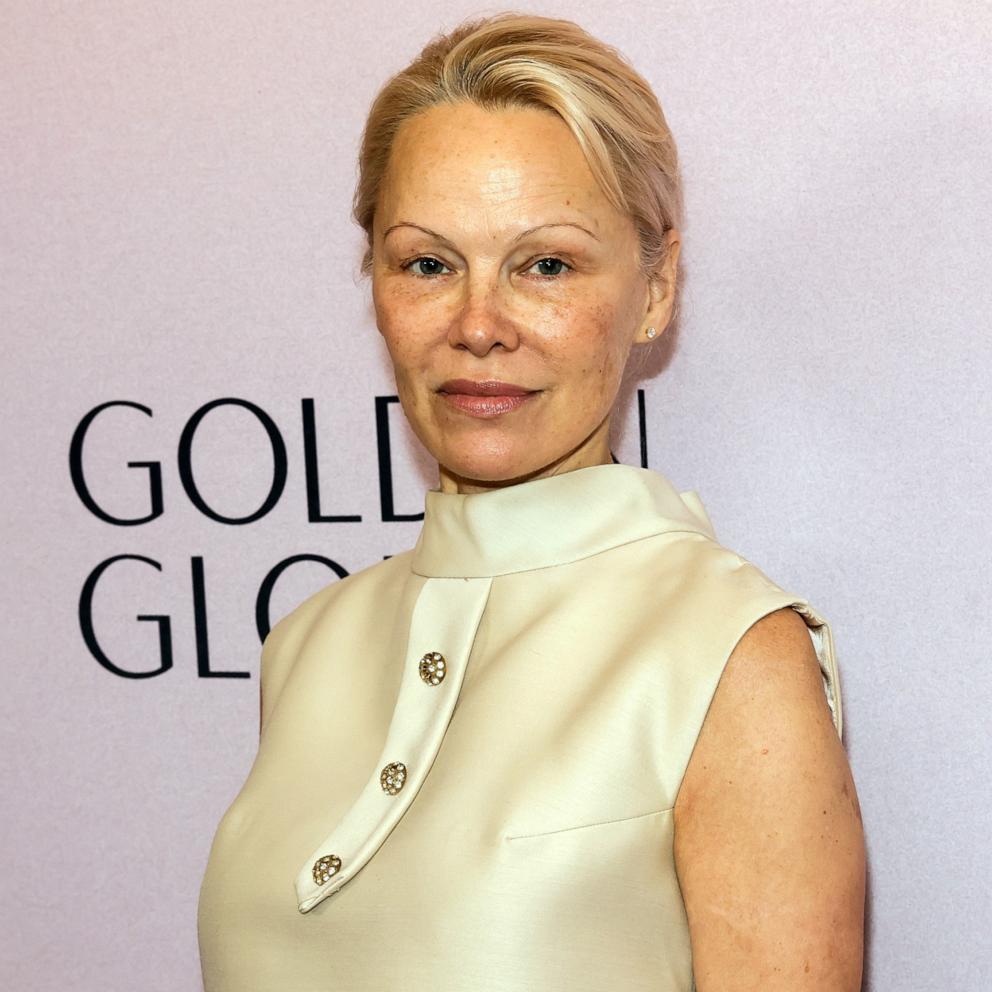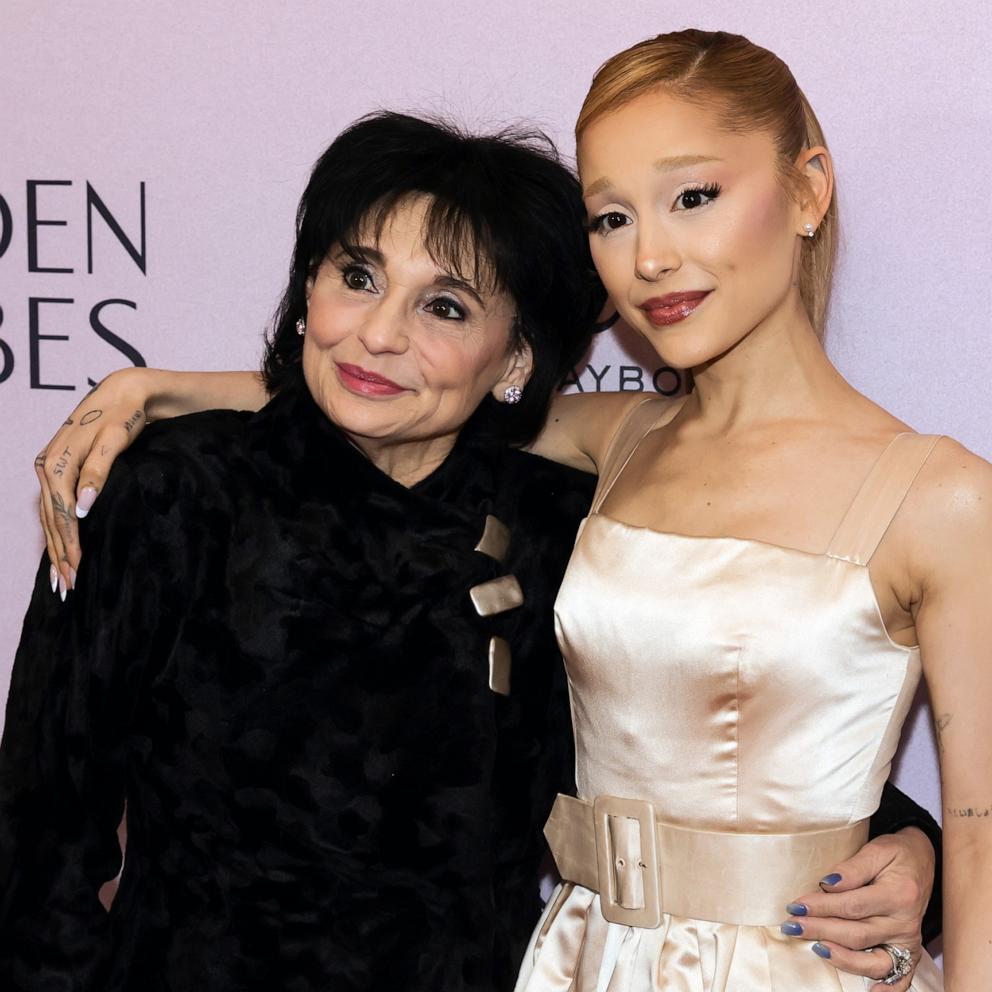18-year-old cosmetics entrepreneur fights for beauty inclusivity
Kavya Odari, raised in a refugee camp in Nepal, moved to the U.S. at three years old with her family from the camp where they sought refuge after she said they were being discriminated against for being ethnically Nepalese in Bhutan.
In Bhutan, Odari says her father started selling bags of rice at 10 years old to make a living while still in fear of being expelled for his ethnicity.
Today, Odari has followed in his footsteps as an entrepreneur and celebrates her heritage as a Nepalese refugee through her own business, K.O. Cosmetics. She founded the beauty brand in 2020 to be inclusive of all skin tones and types.
"If he could do that, I'm pretty sure I'm capable of doing so much more," she told ABC News.

The 18-year-old, the first female entrepreneur in her family, says she was inspired to start her business after being bullied for her culture and appearance.
"I was shamed for having body hair or hyperpigmentation on my skin, or being too dark, or smelling like curry even though I took a shower," Odari said. "It was just dumb things, dumb comments that I would hear because of the way I looked and because of the shade that my skin tone was. So that kind of played a big part in developing, like, resilience."
Odari says she has always been into cosmetics, but she's had difficulty finding products that work for her skin tone and type. She remembers shopping for foundation, concealer, and contour with her mom, who has darker skin than Odari, and having difficulty finding shades that match them.
She believes in the importance of diversity and inclusion when it comes to the beauty industry. While Odari sees some brands putting in the work to offer a wider array of shades and formulas - like Rihanna's Fenty Beauty and Selena Gomez's Rare Beauty, which are some of the brands the young entrepreneur admires - she says there's still a lot more work to do.
She says she uses her brand to provide and advocate for skin inclusivity and hopes other big-name beauty brands will follow suit.
"We want diversity, and growing up if, if that had just started in the beginning, maybe the brands would work better," she said. "Maybe everybody will feel more inclusive and not left out."
According to Odari, her brand tells a story of empowerment for women, especially for brown women such as herself. Odari said she wanted them to feel comfortable and beautiful in their own skin.
She weaves her storytelling throughout her brand, with product names such as "Rānī" which translates to "Queen" in Nepalese.
"Because I faced so much discrimination myself, it makes me want to bring change," she said. "Through my line through the products that I sell and the target audience that I sell to are females or women, so every product has a message, has a description that empowers others."
While Odari is passionate about empowering women, her biggest role model is her father - though she would never tell him that. From selling bags of rice in Bhutan to pursuing business in the States, Odari knows that her dad has always wanted the best for her. She is proud of how far her father and her whole family have come.
"My dad always told me to focus on step one, a set of 900 and he always told me to keep going. That's why I'm so determined, she said. "That's why I'm the person I am today. Because he told me to never stop, never give up and if you fail, you fall down, you come back up."




